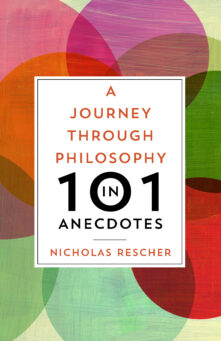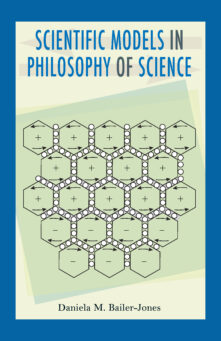Philosophy / General
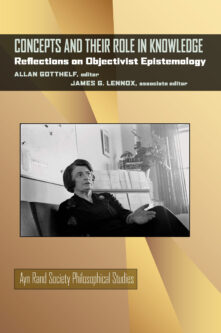

Concepts and Their Role in Knowledge
Reflections on Objectivist Epistemology
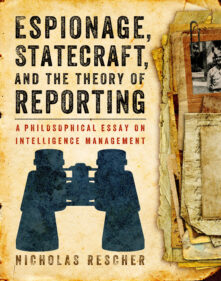

Espionage, Statecraft, and the Theory of Reporting
A Philosophical Essay on Intelligence Management
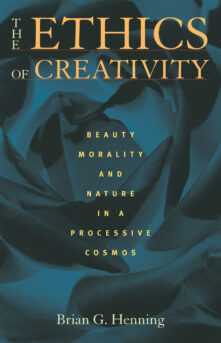

The Ethics of Creativity
Beauty, Morality, and Nature in a Processive Cosmos
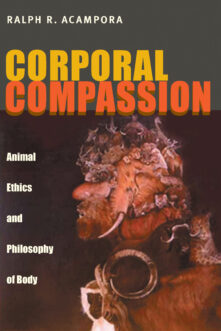

Corporal Compassion
Animal Ethics and Philosophy of Body
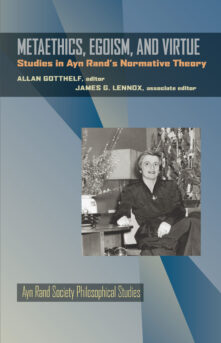

Metaethics, Egoism, and Virtue
Studies in Ayn Rand's Normative Theory


The Commodification of Academic Research
Science and the Modern University
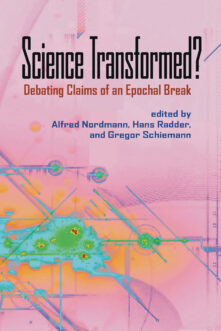

Science Transformed?
Debating Claims of an Epochal Break
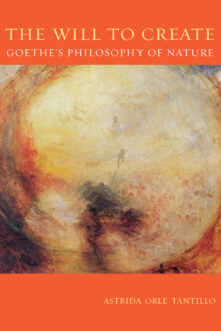

The Will To Create
Goethe’s Philosophy of Nature
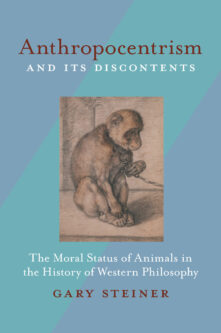

Anthropocentrism and Its Discontents
The Moral Status of Animals in the History of Western Philosophy
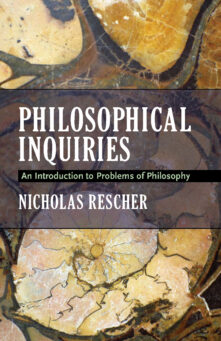

Philosophical Inquiries
An Introduction to Problems of Philosophy
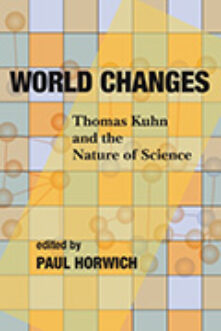

World Changes
Thomas Kuhn and the Nature of Science
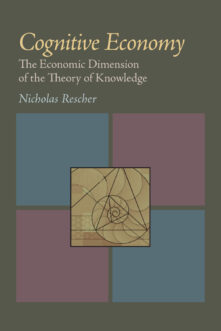

Cognitive Economy
The Economic Dimension of the Theory of Knowledge
Total 40 results found.


